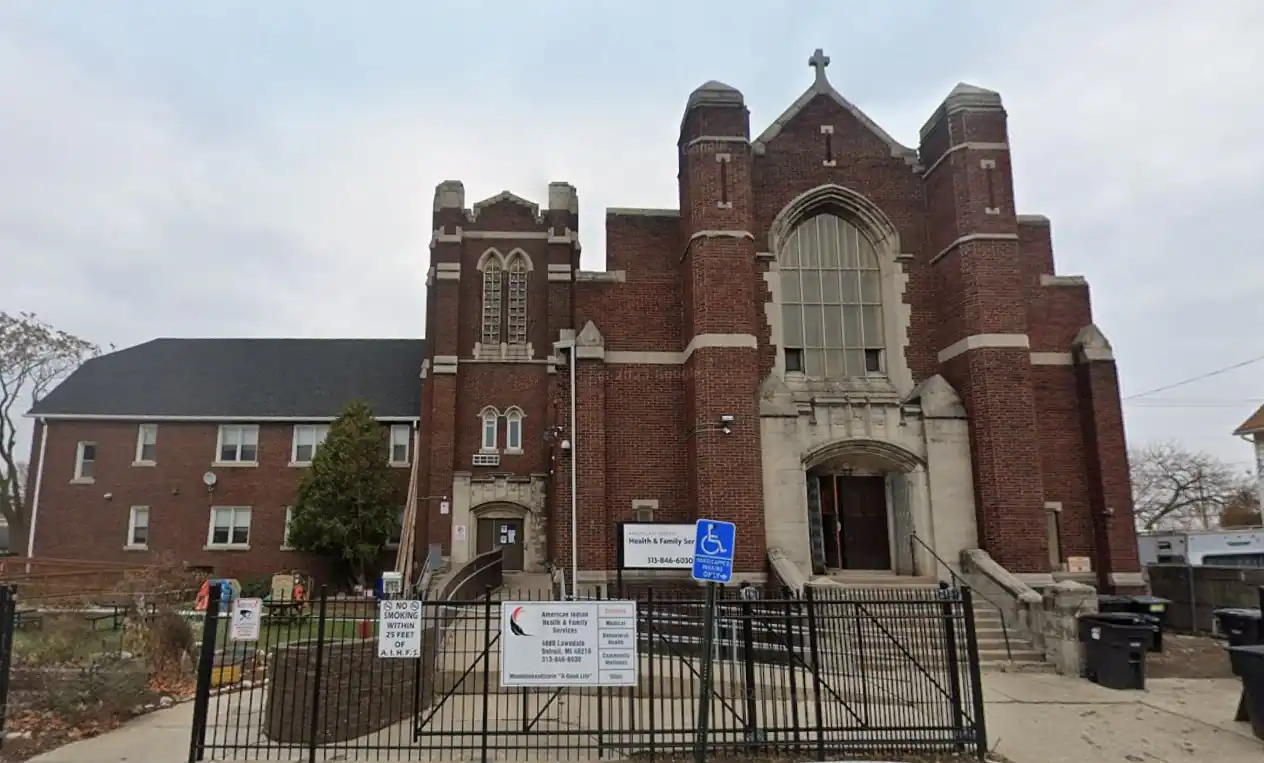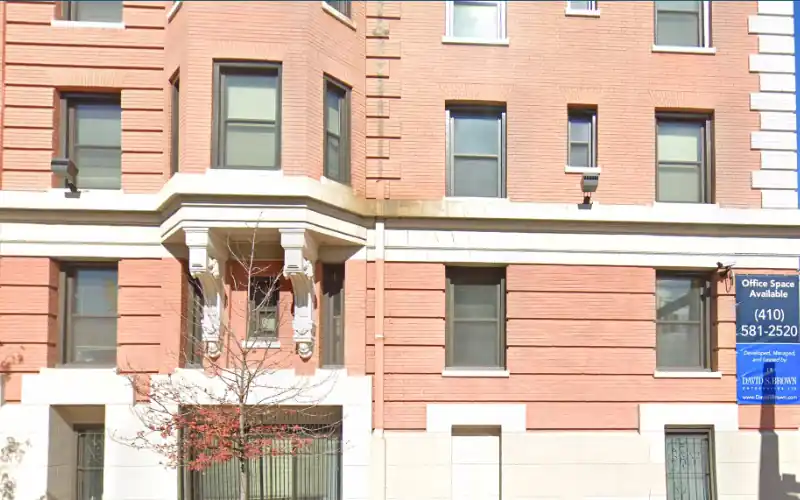Suicidality Recovery Support
If you’re feeling like life is too much right now, please know this: you are not alone, and there is help that can hold you through this.
At TruPaths, we understand that suicidal thoughts are not a sign of weakness—they’re a signal that your pain has exceeded your current capacity to cope. We are here to meet you in that pain with love, not fear. With care, not judgment. With real help, not empty promises.









